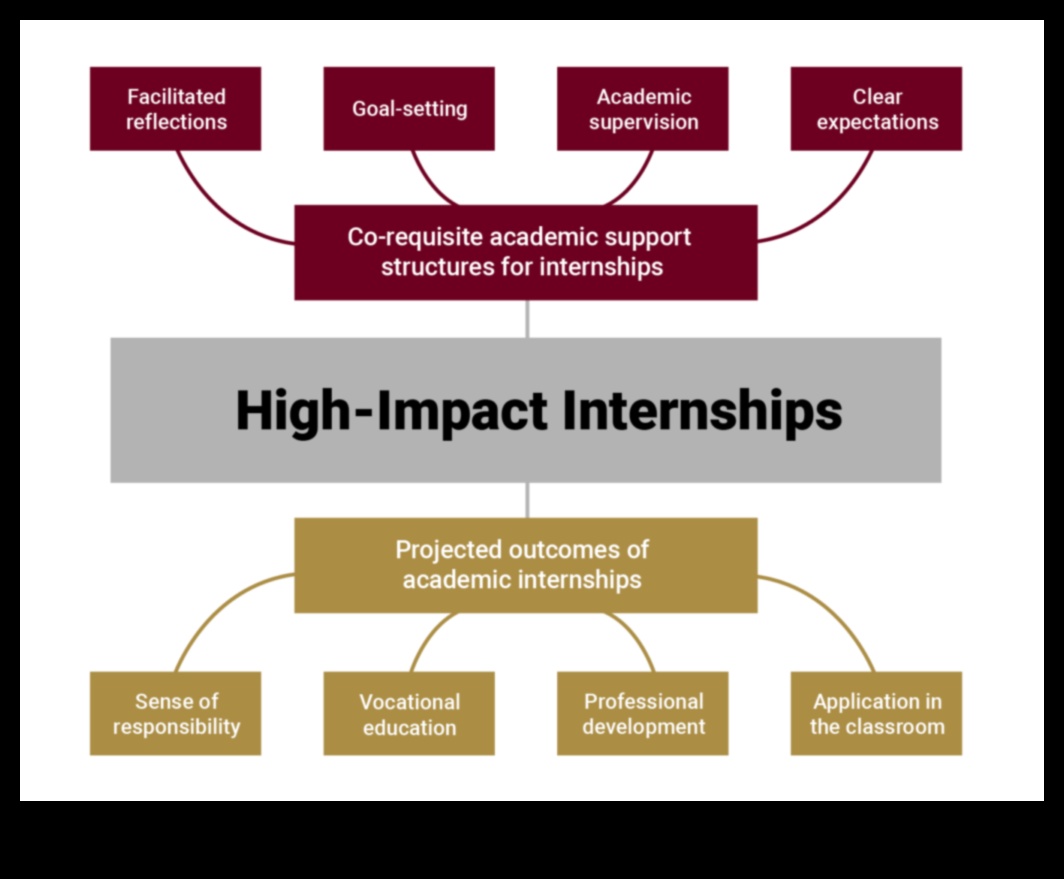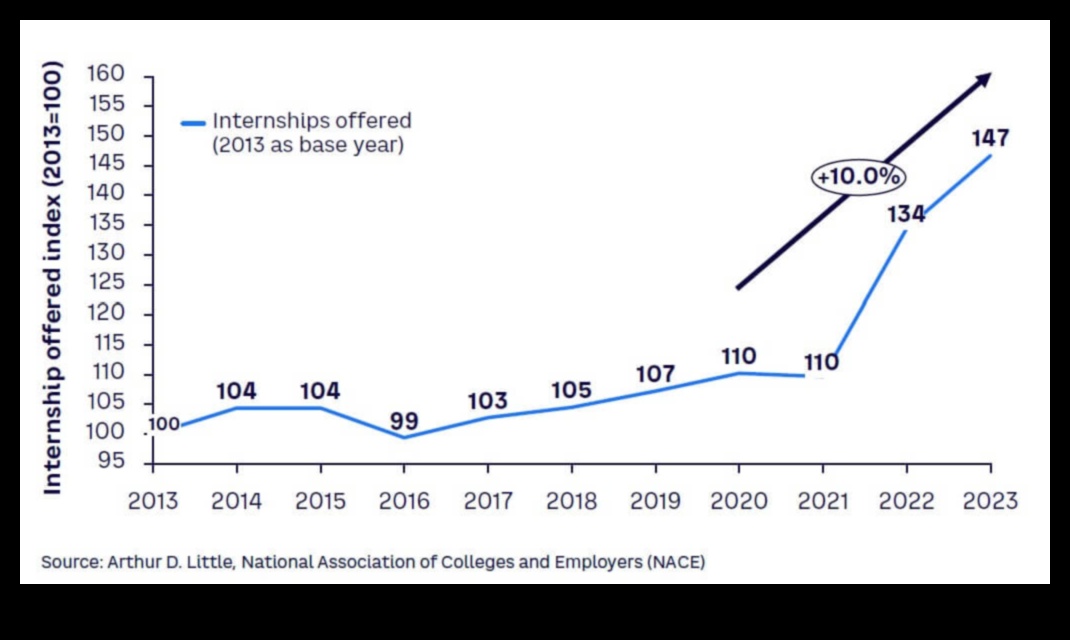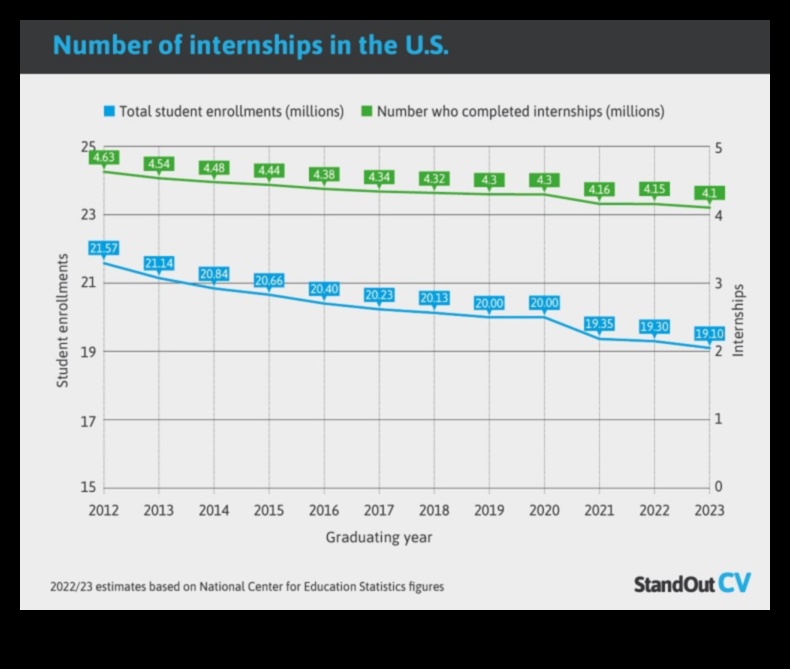
How Many Internships Should I Do in College?
There is no one-size-fits-all answer to the question of how many internships you should do in college. The optimal number of internships will vary depending on your individual goals and interests. However, there are a few general factors to consider when making this decision.
First, think about what you want to achieve with your internships. Are you looking for general work experience in your field of interest? Are you hoping to gain specific skills or knowledge? Are you trying to network with potential employers? Once you know what you want to get out of your internships, you can start to narrow down the number of internships that you need to do.
Second, consider your financial situation. Internships can be unpaid or paid, and the cost of living can vary significantly from one city to the next. If you are on a tight budget, you may need to limit the number of internships that you do in order to save money.
Finally, think about your time constraints. Internships can be time-consuming, especially if you are also taking classes and working part-time. If you have a lot of other commitments, you may need to limit the number of internships that you do in order to avoid feeling overwhelmed.
Ultimately, the decision of how many internships to do in college is a personal one. There is no right or wrong answer. The most important thing is to choose internships that are aligned with your goals and interests and that will help you to achieve your long-term career goals.
Here are a few additional tips for choosing the right number of internships in college:
- Start early. The best internships are often filled up months in advance, so it’s important to start your search early.
- Network with your professors and classmates. They may be able to connect you with internship opportunities that you wouldn’t otherwise know about.
- Use online resources. There are a number of online resources available to help you find internships, such as job boards, company websites, and internship directories.
- Be willing to relocate. If you’re open to relocating for an internship, you’ll have a wider range of opportunities to choose from.
By following these tips, you can increase your chances of finding the right number of internships in college to help you achieve your career goals.
| Feature | Answer |
|---|---|
| College internships | Internships are a great way for students to gain real-world experience in their field of study. They can help you develop your skills, network with professionals, and get a foot in the door at your dream company. |
| Internship length | The ideal internship length depends on your individual needs and goals. Some internships are just a few weeks long, while others can last for several months. |
| Internship benefits | There are many benefits to doing an internship, including: |
| Internship search | There are many ways to find internships, including: |
| Internship opportunities | There are a wide variety of internship opportunities available, including: |

2. Benefits of internships
Internships offer a number of benefits to students, including:
- Gaining valuable work experience
- Networking with professionals in your field
- Exploring different career paths
- Developing new skills and knowledge
- Improving your resume and job prospects
Internships can also help you to get a foot in the door at your dream company. By gaining experience and making connections, you may be able to land a full-time job after your internship is over.
3. Types of internships
There are many different types of internships available, each with its own unique benefits. Some of the most common types of internships include:
- Summer internships
- Academic year internships
- Remote internships
- Paid internships
- Unpaid internships
Each type of internship has its own advantages and disadvantages, so it’s important to choose the type of internship that’s right for you.
Summer internships are typically offered for a period of 10 weeks or more, and they’re often held during the summer months. Academic year internships are typically offered for a shorter period of time, and they’re often held during the school year. Remote internships can be done from anywhere in the world, and they’re often a good option for students who don’t have the time or resources to travel for an internship. Paid internships offer students a salary in exchange for their work, while unpaid internships do not.
It’s important to consider all of these factors when choosing an internship. The best internship for you will be one that’s aligned with your interests, goals, and schedule.
How many internships should I do in college?
There is no one-size-fits-all answer to the question of how many internships you should do in college. The ideal number of internships will vary depending on your individual goals and interests. However, there are a few things you can keep in mind when making this decision.
First, consider your career goals. What type of job do you want after college? What skills do you need to develop in order to achieve your goals? Internships can help you to gain the skills and experience you need to be successful in your desired career.
Second, consider your time constraints. How many semesters or summers do you have left in college? How much time are you willing to commit to an internship? It’s important to choose internships that fit into your schedule and that you can realistically complete.
Finally, consider your financial situation. Internships are often unpaid or low-paying, so it’s important to make sure you can afford to take an internship. If you need to earn money, you may need to limit the number of internships you do or consider taking on part-time work.
Ultimately, the decision of how many internships to do in college is a personal one. There is no right or wrong answer. The most important thing is to choose internships that are relevant to your career goals and that you can realistically complete.
5. How to apply for internships
The application process for internships varies depending on the company and the position. However, there are some general tips that can help you improve your chances of getting an internship.
First, start your research early. The best internships are often filled up quickly, so it’s important to start your search as early as possible. This means researching companies that you’re interested in and finding out when they’re hiring interns.
Once you’ve identified a few companies that you’re interested in, it’s time to start tailoring your resume and cover letter to each individual position. Take the time to read the job description carefully and highlight the skills and experience that you have that are relevant to the position.
When you’re applying for internships, it’s also important to be aware of the different application methods that companies use. Some companies may require you to submit your resume and cover letter online, while others may prefer that you apply in person or by mail.
Finally, don’t be afraid to follow up with the companies that you’ve applied to. A quick phone call or email can let them know that you’re interested in the position and that you’re excited about the opportunity.

6. The internship interview
The internship interview is your chance to sell yourself to the employer and show them why you would be a valuable asset to their team. It is important to prepare for the interview by doing your research on the company, the internship position, and the interviewer. You should also practice your answers to common interview questions.
When you arrive at the interview, be sure to dress professionally and arrive on time. Make eye contact with the interviewer and be polite and respectful. Be prepared to answer questions about your experience, skills, and goals. Be enthusiastic and show your interest in the internship position.
At the end of the interview, thank the interviewer for their time and ask them if you have any further questions. If you are not sure whether you got the internship, send a thank-you note to the interviewer.

7. The internship experience
The internship experience is a valuable opportunity for students to gain real-world experience in their field of interest. It is also a chance to network with professionals and learn about different career paths. In order to make the most of your internship experience, it is important to be proactive and engaged. Here are a few tips for getting the most out of your internship experience:
- Be proactive. Take the initiative to learn new things and ask questions.
- Network with professionals. Get to know your co-workers and managers and build relationships that can help you in your career.
- Be engaged. Get involved in your internship and take on challenging projects.
- Reflect on your experience. Take time to reflect on what you have learned and how you can apply it to your future career.
An internship can be a great way to get your foot in the door of your dream job. By following these tips, you can make the most of your internship experience and set yourself up for success in your career.
Evaluating your internshipOnce you have completed your internship, it is important to take some time to evaluate your experience. This will help you to identify what you learned, what you enjoyed, and what you would like to do differently in the future.
There are a few different ways to evaluate your internship. You can:
- Write a reflection paper on your experience.
- Meet with your supervisor to discuss your performance.
- Talk to your classmates about their experiences.
- Take a personality test to see if your skills and interests are aligned with your internship.
Evaluating your internship is an important step in the internship process. It will help you to learn from your experience and to make informed decisions about your future career.
Landing a full-time job after an internship
After completing an internship, you may be wondering how to turn your experience into a full-time job. Here are a few tips:
- Network with your internship supervisor and other employees at the company. Let them know that you are interested in a full-time position and ask them for advice on how to apply.
- Update your resume and cover letter to highlight your internship experience.
- Start applying for full-time jobs early. The best time to start is before your internship ends.
- Be prepared for interviews. Practice answering common interview questions and dress professionally.
- Follow up after your interviews. Send a thank-you note to each interviewer and let them know that you are still interested in the position.
If you are not successful in landing a full-time job after your internship, don’t be discouraged. Internships are a great way to gain experience and learn about different industries. You can use your internship experience to apply for other jobs or to start your own business.
FAQ
Q: How many internships should I do in college?
A: There is no one-size-fits-all answer to this question, as the optimal number of internships will vary depending on your individual circumstances. However, a good rule of thumb is to do at least one internship in each of your major fields of interest. This will help you to gain valuable experience and make connections in your desired field.
Q: What are the benefits of doing an internship?
A: There are many benefits to doing an internship, including:
- Gaining valuable experience in your desired field
- Making connections with professionals in your field
- Developing your skills and knowledge
- Exploring different career options
- Getting a leg up on the competition when applying for jobs
Q: How can I find internships?
A: There are a number of ways to find internships, including:
- Your college or university career center
- Online internship boards
- Networking
- Job fairs
- Company websites